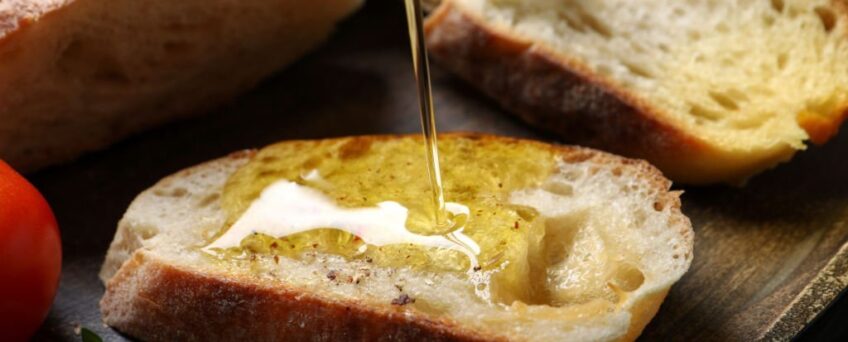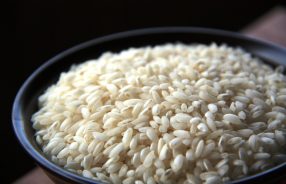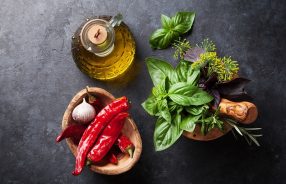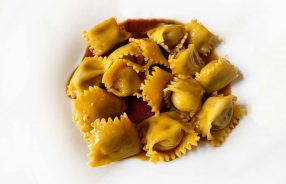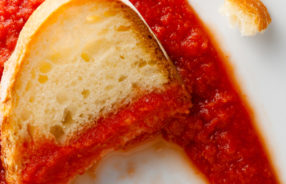History Of Extra Virgin Olive Oil
Extra virgin olive oil is part of our history: it is one of the most popular foods on Italian tables as well as one of the foundations of the Mediterranean diet. It can be used in many ways, from dressing raw foods, such as salads, to an essential ingredient for cooking a potentially infinite number of dishes, like meat, pasta, or vegetables.
Olive oil is perhaps the most distinctive element of that extraordinary variety of flavors that Italian cuisine brings with it.
It has a long and very fascinating history. It has been traced to around 4000 BC, in Armenia, Palestine, and some parts of Asia, when it was used as an ointment, medicine or to light lanterns. Later, first the Babylonians and then the Greeks established a very solid trade of olive oil throughout the Mediterranean area.
It was the Romans who spread the cultivation of olives throughout the empire, even in northern Europe.
The production of oil was considerably refined in Rome and in the territories of the empire, where olive oil was used both as a condiment for food and above all to make perfumed balms and medical ointments.
For the Romans, the olive tree was considered sacred and its introduction was attributed to Hercules, while the processing and production of oil were believed to have been taught to men by Minerva.
The Romans themselves began to differentiate the production of oil according to the quality of the olives used, producing different oils according to how ripe the olives were, or picked from the tree or harvested from the ground. A millstone and a stone press were used for the production of the oil.
After the Middle Ages, with the Renaissance, the production and trade of oil experienced a new period of splendor, especially in Italy, which is and remains one of the major producers and exporters of this product in the world.
Extra Virgin Olive Oil is produced with a method already known in antiquity, through a cold mechanical pressing that does not alter the degree of acidity and does not modify the organoleptic characteristics of the product. The lower the acidity, the higher the quality of the oil.
EVO oil is therefore a pure food, without chemical additives of any kind, of the highest quality and with very precious properties, also confirmed by scientific research to be a natural product in all respects.
EVO oil is a food rich in unsaturated fats, and therefore helps to eliminate cholesterol, thus preventing the possibility of cardiovascular complications such as stroke, heart attack and arteriosclerosis. Not only that, it is rich in vitamin E and slows down the action of free radicals, helping to keep the body healthy for longer.
Production of Extra Virgin Olive Oil today
The European Community classifies olive oil according to the type of extraction with which the oil was obtained, its composition, including the percentage of free acidity. If the free acidity does not exceed 0.8 grams per 100 grams, the oil can be defined as extra virgin.
Today the making of this product starts from the harvest, typically from mid-October to mid-December (in particular climatic zones it can continue until February). In the final part of the harvesting period, when the fruits are more mature, the olives that have already fallen from the tree are harvested. Otherwise, beating is used, with sticks to shake the branches and make the olives fall.
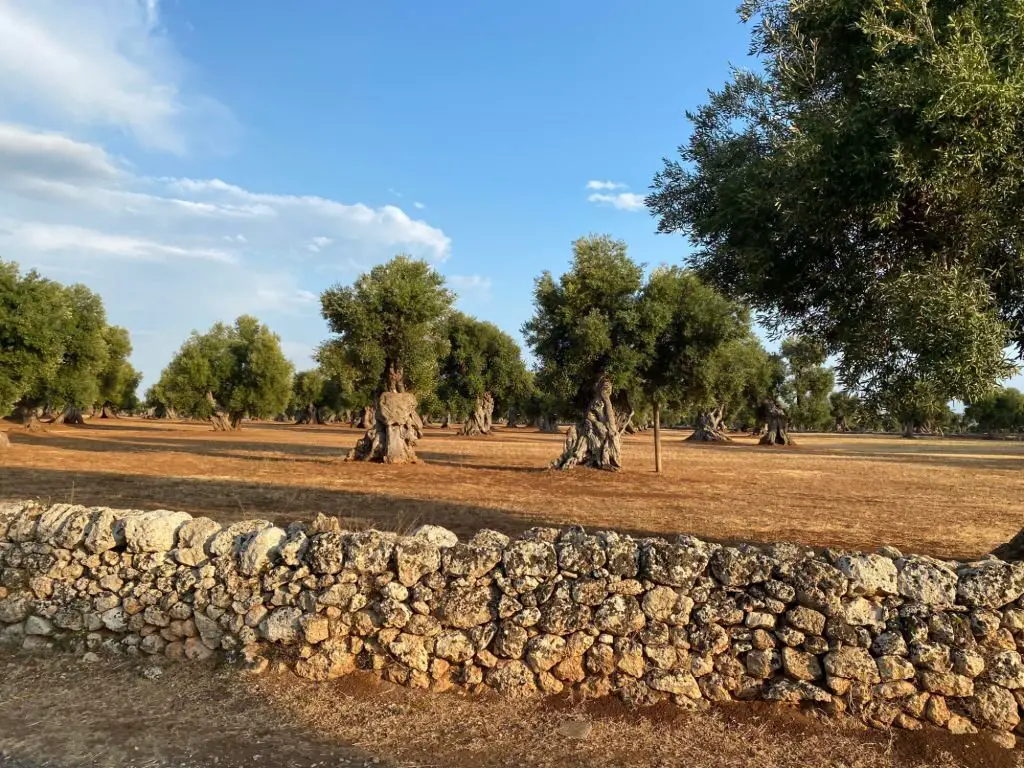
The hand-picking of the olives is already a higher quality procedure, given that the pickers can only choose the best fruits. The olives are then defoliated and washed and passed into the mill for the milling phase. The milling phase consists of mechanically crushing and generating the first raw oil, which also includes an oil paste made up of pits, skins, and olive pulp.
We then proceed to the kneading process, which allows the oil to be separated from the olive paste by moving the paste to a given temperature. If carried out between 25 and 27 degrees, kneading is defined as cold and the derived product has the characteristics to be defined as extra virgin.
We then proceed to a filtering phase, in which the residual quantity of water and other vegetable particles that could accelerate rancidity phenomena are removed, to obtain a pure and quality oil.
The filtration procedure makes the oil more resistant to aging and lengthens its storage times. It should be stored with care, preferably in dark glass bottles to be protected from sunlight, in a dry, dark, and cool place.

